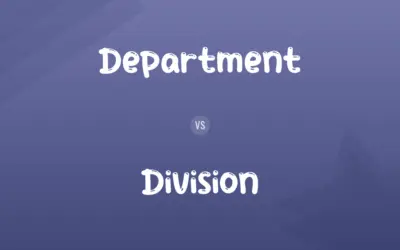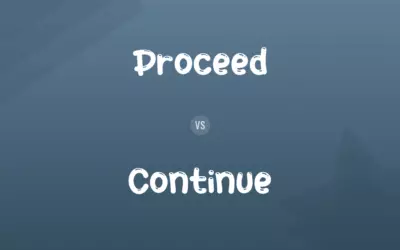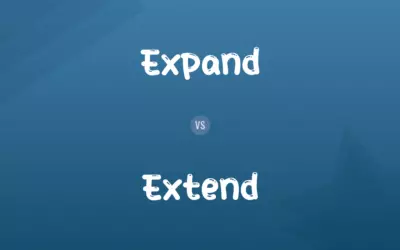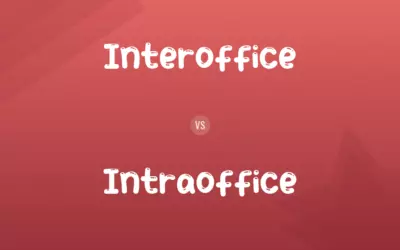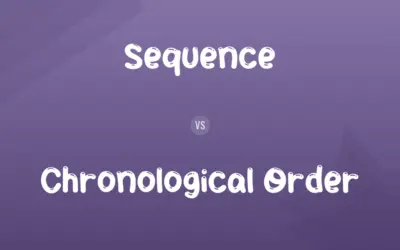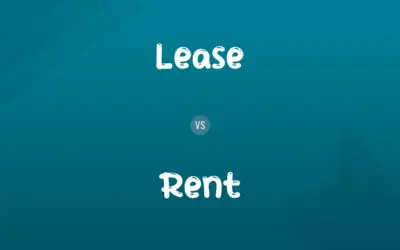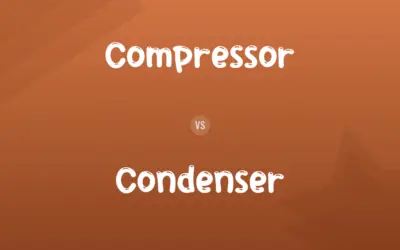Insolvency vs. Liquidation: Difference and Comparison
Edited by Muazma Batool — By Muneeza Rehman — Published on April 9, 2024
Insolvency is a financial state where an individual or company cannot meet their debt obligations, while liquidation is a process of dissolving a company by selling its assets to pay off creditors.
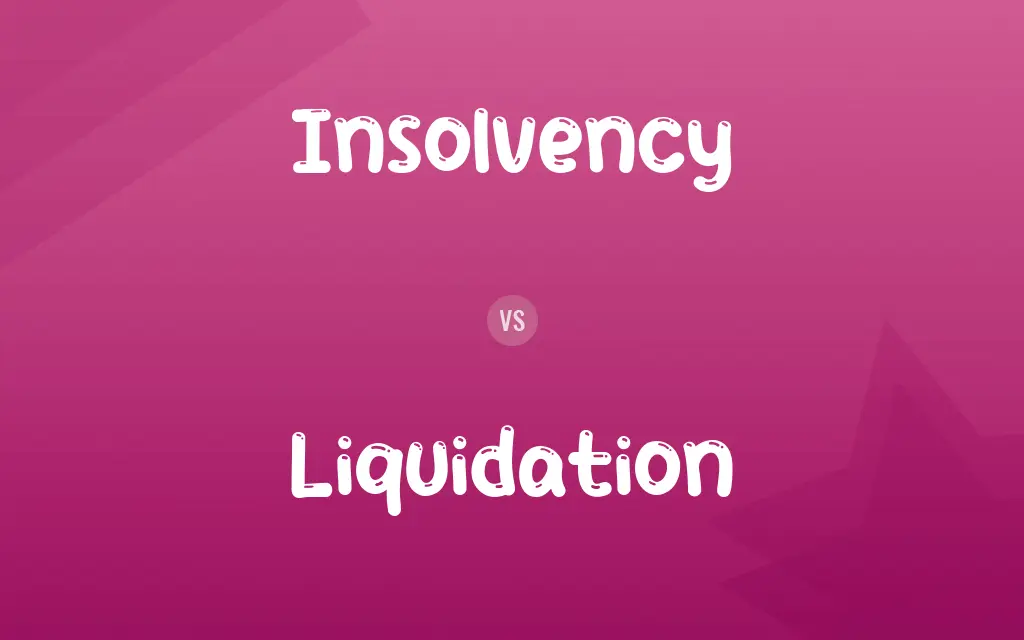
Difference Between Insolvency and Liquidation
Insolvency refers to the inability of a person or business to pay their debts as they come due. It represents a financial condition where liabilities exceed assets or when an entity cannot generate sufficient cash flow to meet financial obligations. Liquidation, on the other hand, is a legal process initiated when a company is insolvent and involves winding up the company's affairs. This process includes selling the company's assets, settling debts with creditors, and distributing any remaining assets to shareholders, if any.
Muneeza Rehman
Apr 09, 2024
Insolvency is a financial state indicating distress, liquidation is an action taken to address the situation. Not all insolvent entities go through liquidation; some may undergo restructuring or enter into arrangements with creditors to avoid it. Conversely, liquidation implies that the decision has been made to wind down the company's operations and cease its existence as a legal entity.
Muneeza Rehman
Apr 09, 2024
In the context of personal finance, insolvency can affect an individual's credit rating and financial standing, leading to bankruptcy proceedings but not liquidation, as the latter term is specific to corporate entities. For businesses, the path from insolvency to liquidation is marked by a series of legal steps designed to ensure that creditors are paid as fairly and fully as possible given the circumstances.
Muneeza Rehman
Apr 09, 2024
The distinction between these terms highlights the difference between a financial condition (insolvency) and a formal process to address that condition (liquidation). Understanding this distinction is crucial for stakeholders, including creditors, investors, and legal advisors, as it influences the legal and financial strategies employed to manage financial distress.
Elijah
Apr 09, 2024
Insolvency vs. Liquidation Comparison Chart
Definition
A financial state where debts cannot be paid when due.
A process of dissolving a company by selling assets to pay creditors.
Muneeza Rehman
Apr 09, 2024
Nature
Financial condition indicating distress.
Legal process to wind up a company's affairs.
Muneeza Rehman
Apr 09, 2024
Outcome
Can lead to restructuring, bankruptcy, or liquidation.
Results in the cessation of business operations and legal entity.
Muneeza Rehman
Apr 09, 2024
Application
Applies to both individuals and companies.
Specifically applies to corporate entities.
Muneeza Rehman
Apr 09, 2024
Initiation
Identified through financial assessment.
Initiated voluntarily by company's decision or compulsorily by creditors/court.
Muneeza Rehman
Apr 09, 2024
Insolvency vs. Liquidation Definitions
◉Insolvency
Financial state of being unable to pay debts.
The company faced insolvency when its cash flow was insufficient to cover loan payments.
Muneeza Rehman
Feb 22, 2024
◉Liquidation
Aimed at paying off creditors.
Proceeds from the liquidation were distributed among the creditors as per legal priorities.
Muneeza Rehman
Feb 22, 2024
◉Insolvency
May lead to bankruptcy or restructuring.
To address its insolvency, the firm entered into voluntary administration.
Muneeza Rehman
Feb 22, 2024
◉Liquidation
Involves a legal or formal procedure.
The court appointed a liquidator to oversee the compulsory liquidation process.
Olivia
Feb 22, 2024
◉Insolvency
Not always public knowledge.
The business quietly struggled with insolvency before seeking help.
Elijah
Feb 22, 2024
◉Liquidation
Marks the end of a company's existence.
Following liquidation, the company was officially dissolved.
Muneeza Rehman
Feb 22, 2024
◉Insolvency
Affects creditworthiness.
Insolvency damaged the individual's ability to borrow in the future.
William
Feb 22, 2024
◉Liquidation
Process of ending a company by selling assets.
The liquidation sale included all assets from office furniture to inventory.
Muneeza Rehman
Feb 22, 2024
◉Insolvency
Requires a legal or financial resolution.
The company negotiated with creditors to resolve its insolvency without liquidating.
Henry
Feb 22, 2024
◉Liquidation
Can be voluntary or compulsory.
Unable to recover, the business opted for voluntary liquidation.
Muneeza Rehman
Feb 22, 2024
Insolvency vs. Liquidation Frequently Asked Questions
Can insolvency be resolved without liquidation?
Yes, insolvency can sometimes be resolved through debt restructuring, negotiation with creditors, or by raising additional capital.
Muneeza Rehman
Apr 09, 2024
Who manages the liquidation process?
A liquidator, often an external professional or firm, is appointed to manage the process, sell assets, and distribute proceeds among creditors.
Muneeza Rehman
Apr 09, 2024
Can a company come back after liquidation?
Once a company is liquidated and dissolved, it ceases to exist. However, a new company can be formed with a similar business model or name.
Elijah
Apr 09, 2024
What happens to employees during liquidation?
Employees may be laid off, and their outstanding wages and benefits are typically treated as priority claims to be paid from the liquidation proceeds.
Muneeza Rehman
Apr 09, 2024
What are the consequences of insolvency for company directors?
Directors may face legal restrictions, personal liability issues, or damage to reputation depending on the jurisdiction and circumstances leading to insolvency.
Henry
Apr 09, 2024
Does insolvency affect personal assets?
For personal insolvency, yes. For corporate insolvency, personal assets of shareholders are typically protected, but directors' personal assets may be at risk in cases of wrongful trading.
Muneeza Rehman
Apr 09, 2024
What's the difference between a liquidator and a receiver?
A liquidator manages the winding up of a company, distributing assets to creditors. A receiver is appointed by a secured creditor to take control of specific assets to recover debts.
Muneeza Rehman
Apr 09, 2024
How are creditors paid during liquidation?
Creditors are paid in a legally defined order, starting with secured creditors, followed by unsecured creditors, and if funds allow, shareholders.
Muneeza Rehman
Apr 09, 2024
What leads a company from insolvency to liquidation?
A company may move from insolvency to liquidation if it cannot recover financially, either through restructuring or by satisfying its debts, leading to a decision to wind up the company.
Muneeza Rehman
Apr 09, 2024
Is liquidation the same as bankruptcy?
Liquidation is a form of bankruptcy for companies, specifically the process of selling assets to pay creditors. Bankruptcy can refer to several processes for resolving insolvency, including liquidation.
Olivia
Apr 09, 2024
Content Creators
Written by
Muneeza RehmanAt Comparisons.wiki, Muneeza skillfully navigates the vast sea of information, ensuring clarity and accuracy as the lead content editor. With a keen eye for detail, she curates every comparison to enlighten and engage readers.
Edited by
Muazma BatoolAs a content editor, Muazma Batool is not just a grammar guru but a creative mastermind who breathes life into every word. With an eagle eye for detail and a passion for storytelling, she transforms bland text into engaging content that captivates audiences and drives results.





